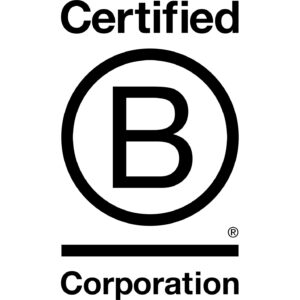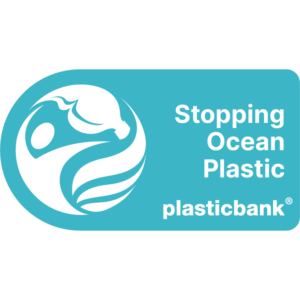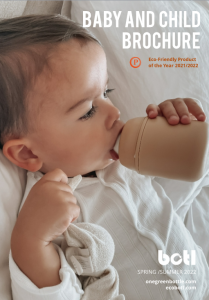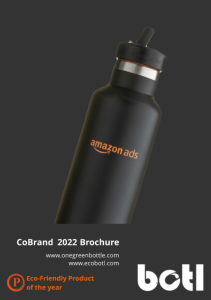Are Bamboo Coffee Cups Safe and Eco-Friendly?
They are a common, trending eco-friendly choice – reusable coffee cups made of bamboo. But are bamboo coffee cups safe and are they as eco-friendly as the marketing would have us believe? I looked into this and was shocked by what I found.
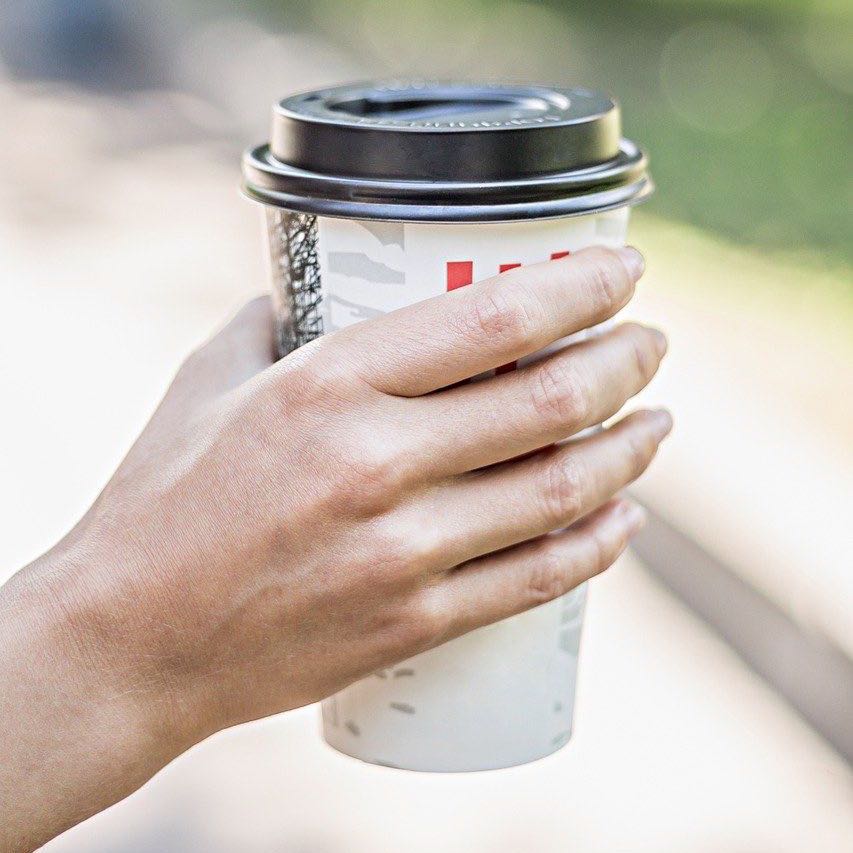
Disposable coffee cups, especially those with plastic lids, are a massive contributor to waste. They often contain plastic and cannot be recycled. So swapping for a reusable cup is a no-brainer, right? They are a popular and simple eco-friendly swap. Bamboo options are the most common and are marketed using words such as eco-friendly… sustainable bamboo…. help the planet… environmentally friendly… biodegradable… compostable.

But it seems that reusable, bamboo cups involve some major “green-washing”. What is greenwashing? It’s the process by which a business gives the impression of being more eco-friendly than they are. Don’t be fooled by the bamboo cup hype. From what I can see, many of the “green” claims are simply not true. What’s more, these cups may even be a hazard to your health. Read on, to learn more.
What Are Bamboo Coffee Cups Made From?
They are made from bamboo fibre, processed and transformed into a fine powder. This powder is then mixed with a melamine-formaldehyde resin (usually just called melamine) and shaped into the final product.
data-template=”@landing-page-blog”
data-keywords=”MUGS”
Sometimes instead of bamboo, fibre from wheat, rice, corn and other plants are used, although bamboo seems to be the most common.
Are Bamboo Coffee Cups Eco-Friendly?
Bamboo:
Bamboo is generally considered to be an eco-friendly and sustainable material. It is extremely fast growing, it produces a massive amount or oxygen (30% more than trees) and sequesters a massive about of carbon dioxide (twice that of trees). When harvested, its network root system stays in place and the bamboo can regrow from these. This means it maintains the soil health and micro-environment. This also helps prevent soil erosion.
On the down side, some bamboo comes from plantations which are less sustainably managed than others and sometimes habitats are cleared to make way for bamboo plantations. In addition, to convert the pulp into powder requires various polluting chemicals and processes.

Melamine Formaldehyde Resin:
What about that melamine-formaldehyde resin? Here’s where things get concerning.
Melamine is a plastic. It’s known as a ‘thermoset’ plastic, made by heating melamine and formaldehyde until it reaches an irreversible, hardened state. It has been used for many years for picnicware and chip-resistant tableware but there are some concerns about it. It cannot be melted, it cannot be recycled, it cannot be composted and it is not biodegradable.
Bamboo fibre is biodegradable but when bound together with melamine resin there is no way it is compostable or biodegradable, at least not for a VERY long time. Since it cannot be melted down, it is not recyclable, despite this claim being made by some manufacturers.
Melamine-Free Products:
I have seen products listed as melamine-free or as being made of “moulded” bamboo (sometimes spelled “molded”) which is entirely chemical and plastic-free. But I am wary of the veracity of these claims. It seems that manufacturers are exploring the use of injection moulding and pressure moulding of bamboo fibre which does not involve the use of any kind of melamine or plastic binder, but as far as I could see there are few, if any, products available that use these techniques.
I emailed a couple of manufacturers requesting further information about their patented molded bamboo products – the exact manufacturing process, why their products are brightly coloured and shiny like plastic, whether they can back up their claims of being compostable and biodegradable. I also asked, if compostable and biodegradable, what would be the lifespan of the tableware? Surely rather limited, especially if put in contact with liquids and heat? The response?…… A deafening silence…..
Are Bamboo Coffee Cups Safe?
The melamine component of these products has raised some serious concerns. Melamine has been shown to leach out of melamine products. It is a toxin in large quantities – especially damaging to the kidneys and also considered to be a possible endocrine disrupter. Melamine products can also leach formaldehyde – a substance which is a known carcinogen. This chemical leaching is made worse is the cup is in contact with liquids, especially hot liquids…. er, like coffee? Yes! Anything above 70 degrees C will make these chemicals leach faster.
There are also concerns that factories with lower safety standards are producing bamboo-melamine products that are not food-grade and leach more toxins than others.
Studies of melamine have repeated shown safety concerns:
- An incident in China in 2008 of melamine-tainted infant formula reportedly resulted in 6 deaths and 54,000 hospitalisations. Up to 300,000 fell ill.
- In 2006 a Danish study found that after 2 hours at 70 degrees C, melamine and formaldehyde had migrated from the melamine tableware they tested, into food.
- Recently, a German consumer group tested hundreds of bamboo coffee cups and found that 35% released harmful melamine or formaldehyde that surpassed accepted safety standards.
- In a Taiwanese study in 2013, researchers found that participants consuming hot noodle soup in melamine bowls, excreted traces of the melamine in their urine.
What are the alternatives?
Here are a few alternatives, truly eco-conscious ones, you may like to consider:

One Green Bottle Insulated Stainless Steel Mug One Green Bottle – a UK company – makes great stainless steel water bottles (my family has been using them for years). These travel mugs are a newer item in their range. Although the lid is plastic, they do their best to ensure eco-friendliness, including plastic-free packaging. They come in several colours, including “mulberry” (pictured here) and have a BPA/BPS free polypropylene, leakproof cap. £14 for a 300ml mug that is sure to last a good long while.

Circular & Co Coffee Cup – Made from recycled disposable cups, these are 100% melamine free, 100% recyclable (with a 5-10 year lifespan, you can return them directly to Circular & Co to be made into new reusable cups), they are a multi-award-winning product. They start at £4.95 for a 5 year lifespan 12oz cup.
Libby Ballard Ceramic Travel Mug – a proper glazed ceramic mug, it comes with a silicon lid and band. Breakable, obviously, but better than plastic. Also not cheap at £25 for a small mug.
So, are bamboo coffee cups safe? They sure don’t seem to be. So next time you reach for a bamboo coffee cup, perhaps think again. Unfortunately in the world of eco-friendly shopping, not everything is as green as it seems.
Ellie x
